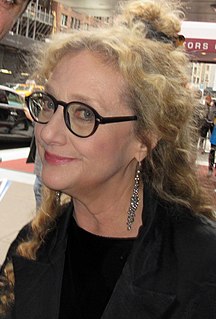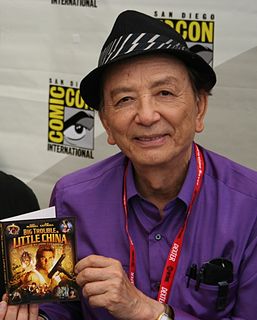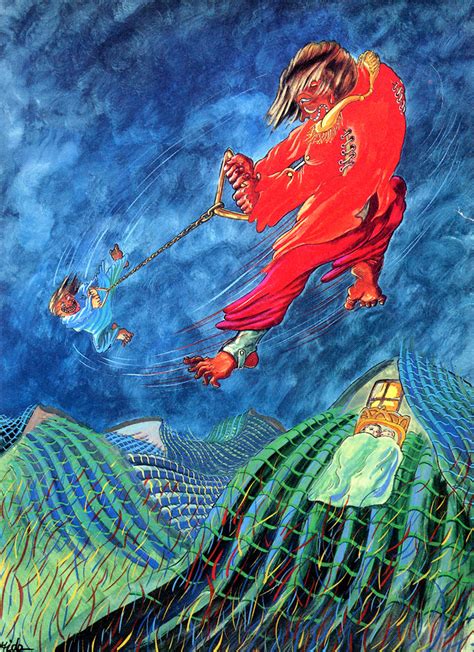A Quote by Janet Fitch
What is a scene? a) A scene starts and ends in one place at one time (the Aristotelian unities of time and place-this stuff goes waaaayyyy back). b) A scene starts in one place emotionally and ends in another place emotionally. Starts angry, ends embarrassed. Starts lovestruck, ends disgusted. c) Something happens in a scene, whereby the character cannot go back to the way things were before. Make sure to finish a scene before you go on to the next. Make something happen.
Related Quotes
The stage is that immediate rush of energy you get from the audience. Also, doing something in chronology - something that starts and finishes the same night. In television, you work toward the one scene, you shoot it, and then you have to forget about it because you have to worry about the next scene.
I remember watching Meryl Streep in, The River Wild. There's this scene where she's has a gun pointed at her, it's absurd in a lot of ways. Someone pulls a gun on her I think, I'm not really fully aware of the scene and she just, she starts, you see her terrified. And then all of a sudden she starts to burst out laughing. She starts laughing. Like she can't stop laughing. Because she's terrified and she's emotional and there are no rules to what you're supposed to feel. That to me is like A number one, that's the thing I have to remind myself all the time.
I never cared about making one coherent masterpiece with a conventional narrative. I always wanted my movies to have images falling from all directions in a vaudevillian way. If you didn't like what was happening in one scene, you could just snooze through it until the next scene. That was the thing about vaudeville: You didn't have to worry about the beginning and ends of these things.
have a much harder time writing stories than novels. I need the expansiveness of a novel and the propulsive energy it provides. When I think about scene - and when I teach scene writing - I'm thinking about questions. What questions are raised by a scene? What questions are answered? What questions persist from scene to scene to scene?



































